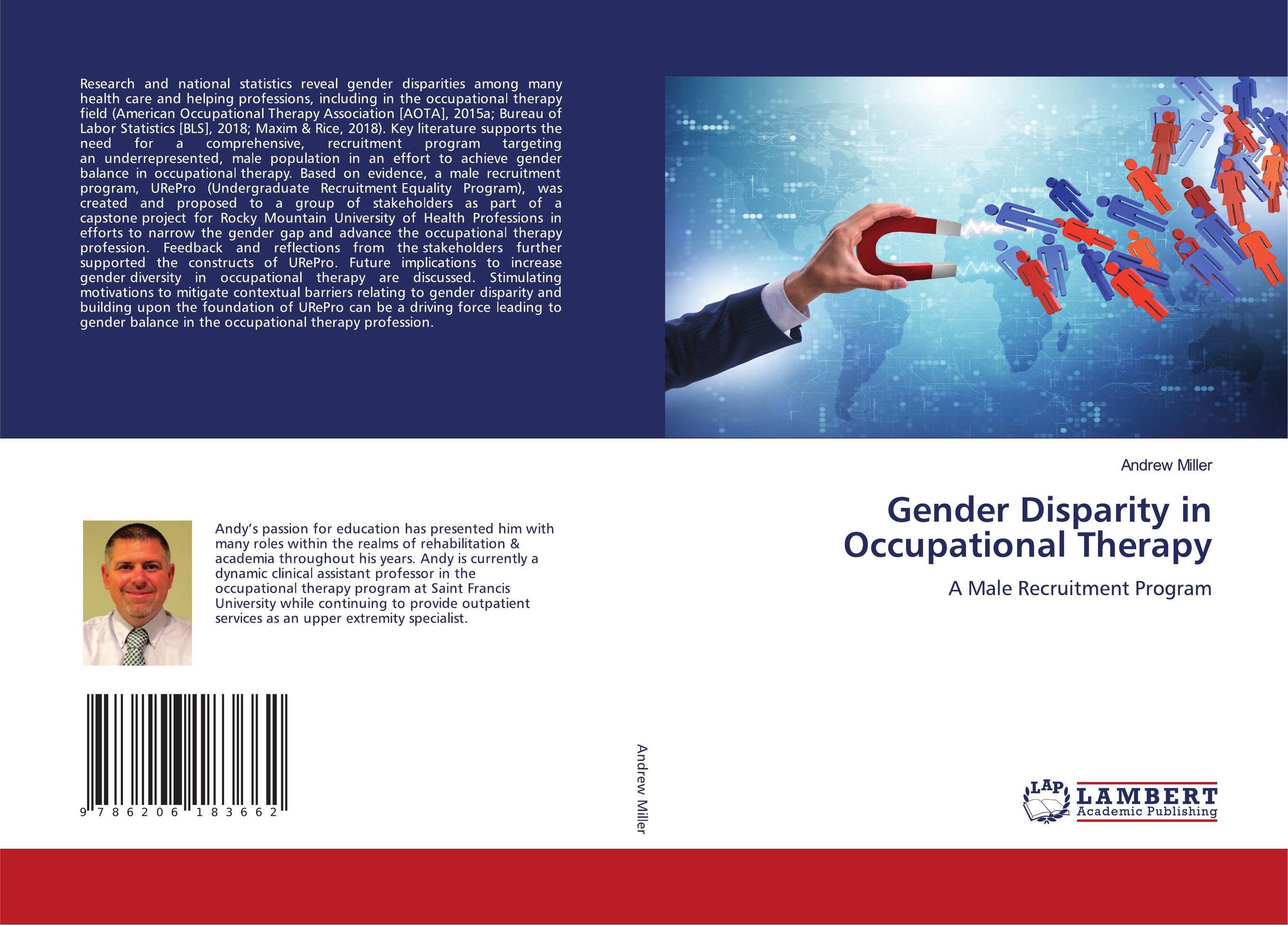| Поиск по каталогу |
|
(строгое соответствие)
|
- Профессиональная
- Научно-популярная
- Художественная
- Публицистика
- Детская
- Искусство
- Хобби, семья, дом
- Спорт
- Путеводители
- Блокноты, тетради, открытки
Gender Disparity in Occupational Therapy. A Male Recruitment Program

В наличии
| Местонахождение: Алматы | Состояние экземпляра: новый |

Бумажная
версия
версия
Автор: Andrew Miller
ISBN: 9786206183662
Год издания: 1905
Формат книги: 60×90/16 (145×215 мм)
Количество страниц: 172
Издательство: LAP LAMBERT Academic Publishing
Цена: 46546 тг
Положить в корзину
Позиции в рубрикаторе
Сферы деятельности:Код товара: 760753
| Способы доставки в город Алматы * комплектация (срок до отгрузки) не более 2 рабочих дней |
| Самовывоз из города Алматы (пункты самовывоза партнёра CDEK) |
| Курьерская доставка CDEK из города Москва |
| Доставка Почтой России из города Москва |
Аннотация: Research and national statistics reveal gender disparities among many health care and helping professions, including in the occupational therapy field (American Occupational Therapy Association [AOTA], 2015a; Bureau of Labor Statistics [BLS], 2018; Maxim & Rice, 2018). Key literature supports the need for a comprehensive, recruitment program targeting an underrepresented, male population in an effort to achieve gender balance in occupational therapy. Based on evidence, a male recruitment program, URePro (Undergraduate Recruitment Equality Program), was created and proposed to a group of stakeholders as part of a capstone project for Rocky Mountain University of Health Professions in efforts to narrow the gender gap and advance the occupational therapy profession. Feedback and reflections from the stakeholders further supported the constructs of URePro. Future implications to increase gender diversity in occupational therapy are discussed. Stimulating motivations to mitigate contextual barriers relating to gender disparity and building upon the foundation of URePro can be a driving force leading to gender balance in the occupational therapy profession.
Ключевые слова: Gender, Occupational Therapy, female-dominated occupations, Diversity, stereotypes, Recruitment Strategies, career choice



